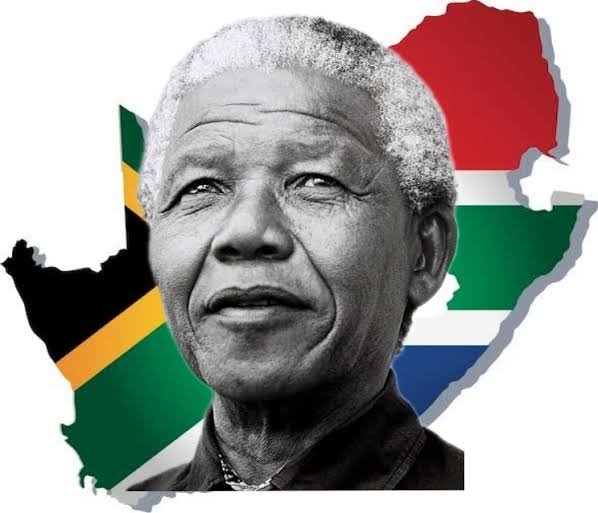
The Scale and Origin of the Fake Honey Crisis
The fake honey crisis is a significant global concern, with at least one-third of honey sold worldwide being adulterated or fraudulent. This issue primarily stems from sophisticated Chinese operations that produce and export counterfeit honey, often mixed with cheaper sugar syrups. The influx of fake honey severely undermines the market for authentic honey, resulting in substantial financial losses for genuine beekeepers, making it difficult for them to maintain healthy bee colonies. This situation exacerbates the precarious state of global bee populations, which are already suffering from Colony Collapse Disorder due to various threats including pesticides and habitat loss. Bees play a crucial role in pollinating about 35% of the world’s food crops, directly influencing food security. The decline in bee populations could lead to reduced crop yields and increased food prices. Meanwhile, global food security is deteriorating, with millions facing acute food insecurity driven by conflict, climate change, and ecosystem degradation. China exemplifies this crisis, balancing agricultural self-sufficiency with severe vulnerabilities, including reliance on imports and environmental degradation. Thus, the intertwined challenges of fake honey and declining bee populations pose a significant threat to both agriculture and food security worldwide.

🍽️ Major Food Organizations Inspired by Nelson Mandela
Organizations inspired by Nelson Mandela play a significant role in addressing global hunger and food insecurity. Rise Against Hunger Africa organizes events, particularly on Mandela Day, where volunteers pack nutritious meals, emphasizing that proper nutrition is crucial for children's development. The Nelson Mandela Foundation runs initiatives like the "Each 1 Feed 1" program, which collaborates with other organizations to provide food relief and promote sustainable community projects, including planting one million trees. Mandela Day, celebrated on July 18th, mobilizes global action against poverty, with many organizations launching food-related campaigns to honor Mandela's legacy. Initiatives like Outside The Bowl Africa’s Mandela Project aim to support children in need. Collaborative efforts, such as the partnership between Ford and the Nelson Mandela Foundation in 2020, have facilitated food parcel deliveries across South Africa, benefiting many vulnerable communities. In 2023, the Foundation initiated the "Climate, Food and Solidarity" campaign, tackling the links between climate change and food security. Mandela's commitment to social justice has inspired these organizations, reinforcing the belief that making a difference in the lives of others is what gives life significance, as he famously articulated.

Understanding the Third Habit: "Put First Things First"
The third habit of highly effective people, "Put First Things First," emphasizes disciplined self-management rooted in principle-centered values, guiding actions based on true priorities rather than urgent distractions. It operationalizes the vision from the first two habits by stressing the importance of dedicating energy to meaningful, non-urgent tasks, like long-term planning and relationship-building, rather than simply responding to urgent issues. This principle can be applied to global threats like climate change and mass extinction, highlighting the need to address root causes—such as overconsumption and resource inequalities—rather than just symptomatic solutions. Central to these challenges is human behavior, which requires a collective response recognizing our shared global responsibility. Addressing inequalities—both in access to resources and in perspectives about equality—is crucial for fostering resilience and social cohesion. Resource security, particularly regarding food and water, is vital for preventing conflict, as stability fosters cooperation and collaboration on broader issues. Ultimately, "putting first things first" calls for prioritizing actions that cultivate unity and equitable foundations for addressing environmental crises, reinforcing that equality is essential for sustainable progress and survival.

The Global Challenge of Zero Hunger
The United Nations' Sustainable Development Goal 2 (Zero Hunger) aims to end hunger and promote sustainable agriculture by 2030. Currently, 828 million people are hungry, with 349 million facing severe hunger, primarily due to conflict, climate change, poverty, and food waste. Conflict is a major barrier to achieving zero hunger, with nearly 60% of the hungriest individuals living in conflict zones, perpetuating cycles of violence and food insecurity. Climate change exacerbates hunger through extreme weather events that disrupt food access and economies. Additionally, poverty and inequality are root causes of global hunger, with declines in bee populations threatening agricultural productivity. Despite producing enough food globally, about 40% is wasted in high-income countries, while low-income countries experience significant loss during growth and storage. Malnutrition affects nearly 3 billion people in various forms, including undernutrition and obesity. The COVID-19 pandemic intensified food insecurity, reversing years of progress and pushing millions into undernourishment. The economic impacts of the pandemic have increased global poverty for the first time since 1990, highlighting the urgent need for coordinated action across sectors to achieve zero hunger and improve global food systems.

The Global Honey Deception: Understanding the Impact of Fake Honey on Bee Populations and Food Security
Fake honey is a significant issue in the global market, ranking as the third most commonly adulterated food after milk and olive oil. According to the Honey Authenticity Project, around 33% of honey could be fake, with estimates in the U.S. suggesting up to 70% may be fraudulent. This counterfeit honey is often produced by diluting real honey with syrups like high-fructose corn syrup, making detection challenging. The economic impact on genuine honey producers is severe; they struggle to compete with cheaper fake products, often leading to financial instability and a shift towards alternative income sources. Bees play a crucial role in pollinating approximately 75% of the world’s food crops, with their services valued at around $15 billion annually in the U.S. However, the phenomenon of Colony Collapse Disorder (CCD) poses a serious threat to bee populations, characterized by the sudden loss of worker bees while the queen and brood remain. Causes of CCD are complex, involving factors such as the Varroa mite, emerging diseases, pesticide exposure, and management-related stress. Addressing the issue of fake honey is vital not just for honey producers, but also for the sustainability of our food systems reliant on bee populations.